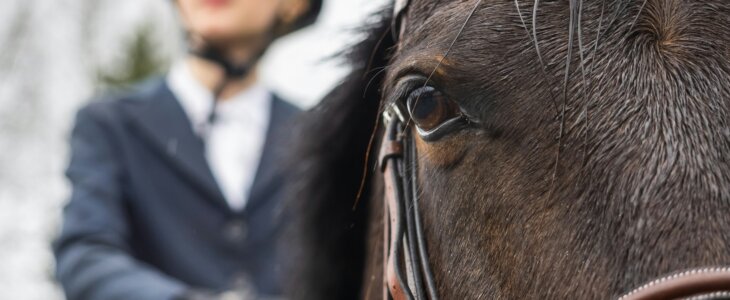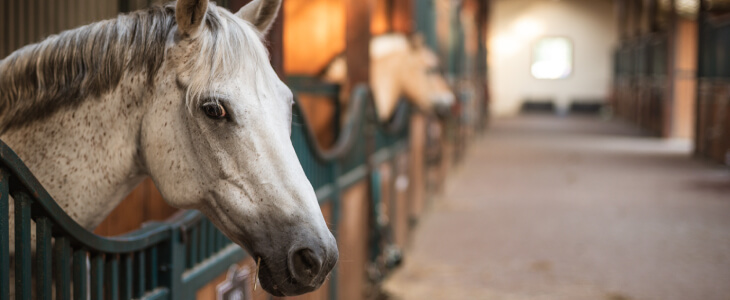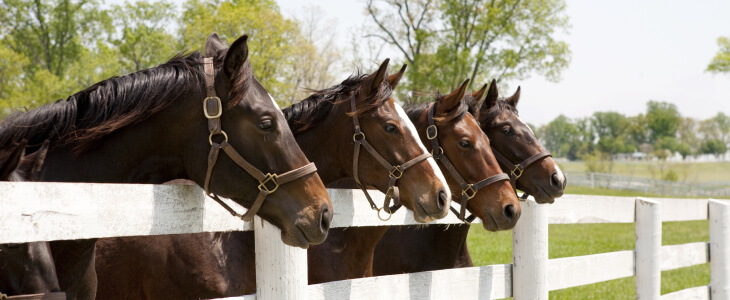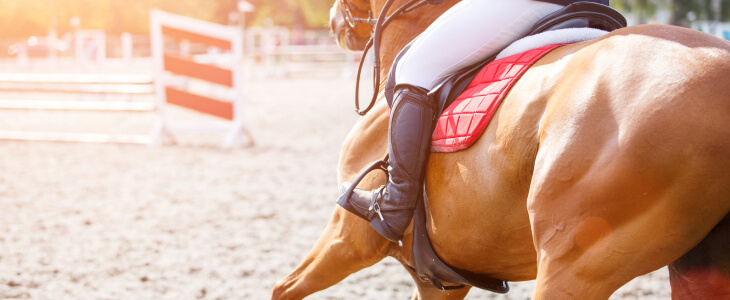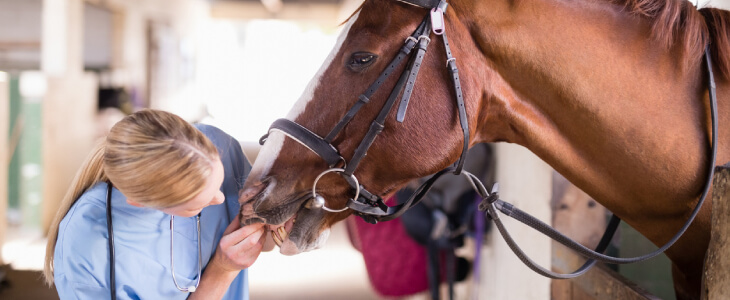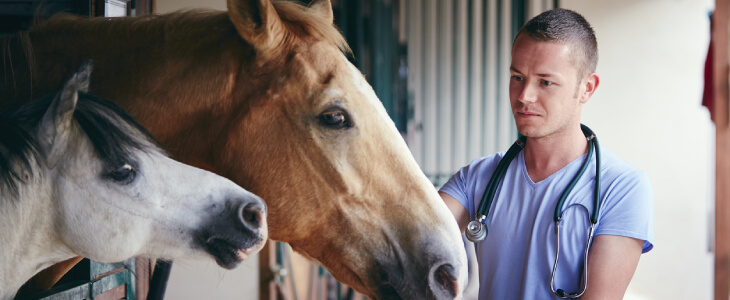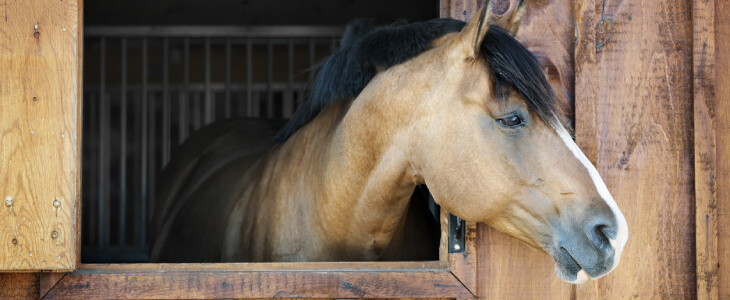Equine training agreements are a common—and important—part of the equine industry. There are many reasons that these types of agreements are important. For example, equine training agreements define the liability of the parties and clarify expectations. In this article, we discuss some important considerations for creating equine training agreements.

